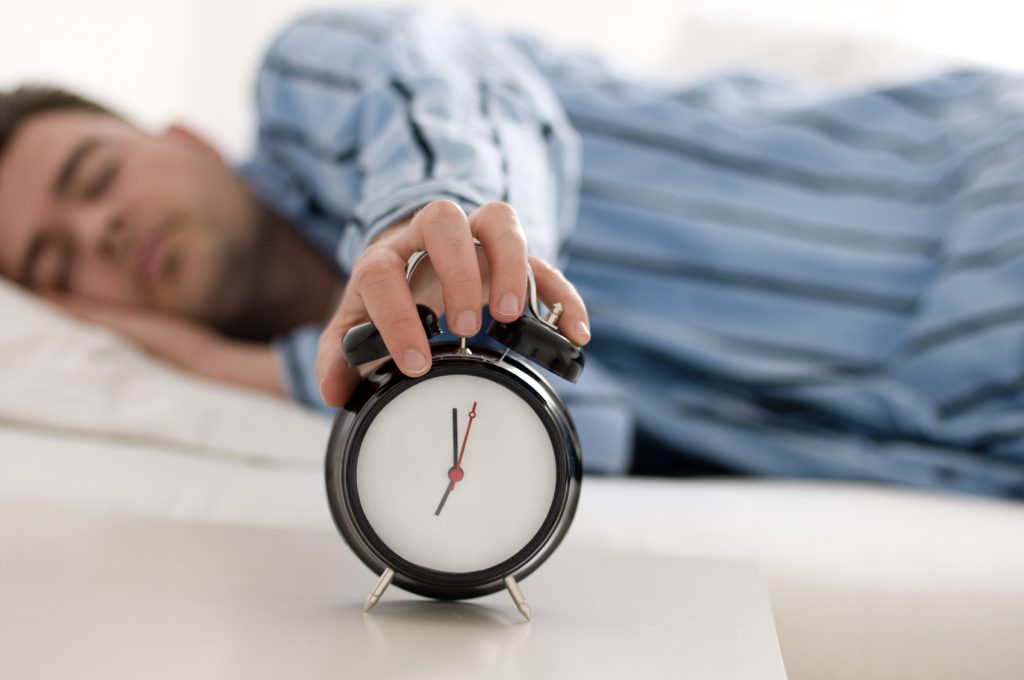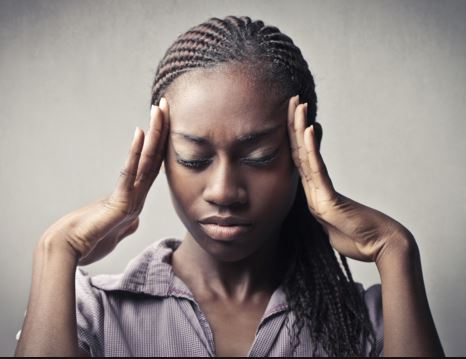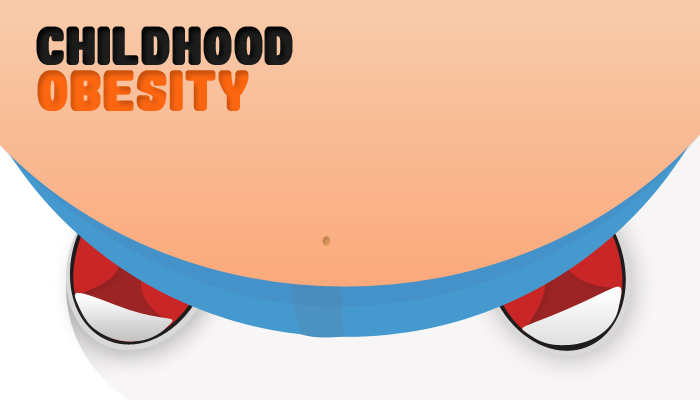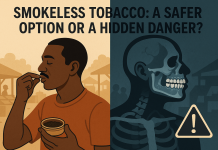Sleeping in is a weekend ritual the world over. And for Lagosians and other city dwellers who have to wake up at unholy hours just to get to work, sleep is a rare weekend privilege. But believe it or not, as great as sleep is for the body, the too much of everything law still applies. Such a bummer, right? We can’t even oversleep in peace again.
Your body needs sleep, adequate sleep, the length of which is not actually fixed for all individuals. Yeah, the universally accepted 8 to 7hours of sleep is good, but you may require less, based on your lifestyle. The level of activity, your body size and other factors actually determine how much sleep you need. But we all need at least six hours shut eye per day.
 Unfortunately, most of us go through our days on little or no sleep, and rely on coffee to stay alert. So, boom!!! here comes the weekend, time to sleep 12hours straight if possible. Researchers are telling us that those extra hours may actually be detrimental to our health.
Unfortunately, most of us go through our days on little or no sleep, and rely on coffee to stay alert. So, boom!!! here comes the weekend, time to sleep 12hours straight if possible. Researchers are telling us that those extra hours may actually be detrimental to our health.
Although certain factors, socioeconomic and psychological, add to the effects of oversleeping, sticking to patterns is advised. But first, let’s take a brief look at the effects of sleep deprivation.
Disadvantages of Sleep Deprivation

Sleep deprivation could lead to a whole lot of illnesses and symptoms, and even worse, aggravate them. Constantly missing out on sleep could have chronic long-term effects, much worse than the crankiness or grogginess. These include:
- Being accident prone
- High blood pressure
- Increased risk of heart disease
- Risk of diabetes
- Mood swings
- Low sex drive
- Weight gain/obesity
You will know you are getting some serious sleep deprivation when you experience severe daytime fatigue, crankiness, constant yawning and sleepiness, and sometimes slow cognitive abilities.
Problems of Sleeping-in, Over-Sleeping or Hypersomnia

First, we need to decide, how much sleep is too much sleep? In as much as various other factors such as stress, illness age and lifestyle affect the amount of sleep needed by each person, 7-9hours is the range for adults. The adult age is estimated as between 18 to 64years. Sleep needs differ from age to age and with the lifestyle of various people.
Why people sleep too much?

HYPERSOMNIA is a medical disorder of people who feel drowsy all day long regardless of how much time they spend napping. Such People also sleep unusually long at night. Sufferers experience symptoms of low energy, memory lapses, and anxiety.
Sleep APNEA (especially obstructive) affects the breathing of a person and disrupts sleep patterns. This also leads to an increase in drowsiness and sleepiness. But then, just like the average Lagosian, people might just wanna sleep-in.
ALSO READ: AMAZING BENEFITS OF SLEEPING NAKED
Problems of Oversleeping
Most of the associated risks of sleep deprivation are equally related with oversleeping.
Headaches

Some people, especially those susceptible to headaches might suffer them if they oversleep on holidays or weekends. This might be due to effect of excess sleep on serotonin levels. Also, night-owls who disrupt their night time sleep may suffer headaches in the mornings.
Diabetes

The body’s ability to process sugars is tightly wrapped in with insulin resistance, the main factor for type 2 diabetes. According to a Canadian research team, studying 276 people over 6 years, longer and shorter sleepers had a higher tendency of developing diabetes.
Obesity

Excess or inadequate sleep increases the chances of weigh gain. People who slept 9 to 10hours were 21% more likely than 8hour sleepers to gain weight within the next half-dozen years. These statistics took into cognition food in take and exercise, and they didn’t improve the numbers.
Cognitive impairment:

Researchers on cognitive abilities found out that people who got around seven hours sleep did exceptionally well on the brain training Lumosity games. But more or less hours performed poorly. Also, a Spanish study linked longer sleep hours to dementia development. Some other researchers found that decrease in cognitive functions and impaired memory were traceable to oversleeping. There is an increased possibility of Alzheimer’s with excess sleeping.
Depression

Heart Disease

According to Nurses’ Health Study of 7200 females, statistics show those who slept between 9-11 hours had higher risk of a coronary. These women had a 38% higher chance of suffering a coronary heart disease than those who slept for 8 hours.
Higher risk of mortality

Uploaded by: robertson kate
Probably as a result of all the other associated risks, such as obesity, heart disease and stroke, longer sleepers tend to die earlier. According to data from Nurse Health Study, statistics showed low socio-economic status and depression as major factors responsible. Asthma, Multiple Sclerosis and obesity were also associated with the higher mortality from oversleeping. Fatigue, lethargy, sleep fragmentation, photoperiodic abnormalities are also cause for concern.
End notes
There is often the problem of whether the oversleeping is a symptom of the associated diseases, or whether pre-existent conditions led to oversleeping. Recent studies point to the fact that a lot of adults complain of tiredness and lethargy after oversleeping. This in turn makes them tired, irritable and lethargic which leaves them needing more sleep. This starts a cycle, moods, poorer cognitive skills, fragmented sleep as well as other health problems ensue.
Younger people experienced higher inflammation markers, more depression, soreness after a mere 2hour increase in sleep time over 3 weeks.
Prevention

- Get some bright sunlight when you wake up in the morning
- Stick to a standard night sleeping pattern of 7 to 9 hours daily.
- Maintain the same sleep and wake-up time all week round.
- Sleeping in on the weekends puts a wrench in the wheel of your sleep patterns and makes sleeping even more difficult during the week.
- Sleep less in the evenings after 4:00pm










You need to be a part of a contest for one of the highest quality websites on the net.
I am going to highly recommend this website!
курс в идея банке, уникальные банковские
продукты батик жасау, батик өнерінің шығу тарихы әйелдер туралы, әйелдер туралы әзіл өлеңдер костюм remington hunter
innovation, купить костюм ремингтон
donde comprar medicamentos Farmalider Grasse Pharmacie en ligne certifiée pour acheter de la médicaments en Suisse
жануарлар туралы тыйым сөздер,
тыйым сөздер 3 сынып 73 бет 4 тапсырма
күшейткіш демеуліктер мысал, демеулік шылау деген
не қоршаған орта мен ағза арасындағы газ алмасу үдерісі, өкпеде газ алмасу процесі
қалай жүреді футзал атырау аренда,
футбольные поля атырау
коран, значение и смысл корана фильм человек-паук: нет пути домой купить
билеты, человек-паук в кинотеатрах автомобиль әңгімесі, әбіш
кекілбаев ажар әңгімесі темір тапшылықты анемия ауру тарихы,
темір тапшылықты анемия себептері
колесо ганюшкино уаз, ганюшкино авто сауда махаббат бекеті музыка скачать бесплатно, махаббат станциясы на звонок от
чего умирают клопы, лайфхак как избавиться от клопов кенгуру
олимпиада тесты, скачать диплом кенгуру
ақ барыс хоккей, барыс хоккей сегодня не себепті балалар көшпелі алтынды таппайды, көшпелі алтын әңгімесі толық нұсқа жаны
жаннатта болсын аже, жаныңыз жәннатта болсын аға леденцы от горла
для детей от 3 лет, леденцы от горла с
антибиотиком
кайрат шарипбаев жена и дети, кайрат шарипбаев задержан как пить протеин для набора
массы девушке, протеин перед сном для набора массы болғанбаев ә.
қазақ тілінің лексикологиясы, лексикологияның фонетикамен байланысы 2022 хит әндер скачать, қазақша ең жаңа әндер жинақ 2022
Thanks for sharing. I read many of your blog posts, cool, your blog is very good.
Your article helped me a lot, is there any more related content? Thanks!